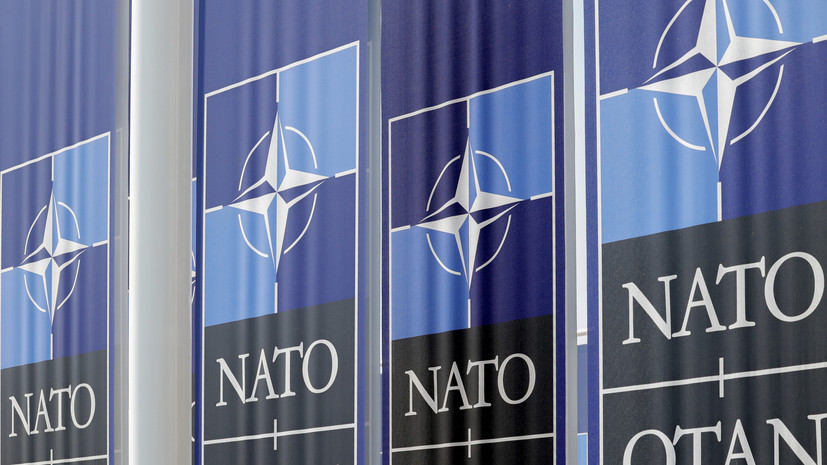With the start of a special military operation in Ukraine, the capabilities and combat potential of almost all NATO countries were used against Russia. This was stated by Russian Defense Minister Sergei Shoigu at a meeting of the heads of the Ministry of Defense of the SCO member countries in New Delhi.
"The West has demonstrated its advance preparation for confrontation with the Russian Federation. Large-scale sanctions were immediately imposed against Russia, supplies of weapons to Ukraine, supply of intelligence, and the dispatch of military advisers and mercenaries to the combat zone were organized. Thus, the military potential and capabilities of almost all NATO countries were involved," Shoigu said.
According to him, the conflict in Ukraine confirms the focus of the United States and its allies on provoking other countries to a military confrontation with Russia and China.
"Today, Washington and its accomplices are implementing their strategic plan, which is to provoke other countries to military confrontation with objectionable states, primarily with Russia and China. A striking confirmation of such a criminal policy is the conflict in Ukraine. His true goal is to inflict a strategic defeat on Russia, create a threat to China and maintain his monopoly position in the world," he added.
As Shoigu noted, the West spent more than $ 5 billion "on the Maidan anti-constitutional coup in 2014," which led to the formation of a "hostile nationalist, Russophobic regime near the Russian borders, which eagerly rushed to solve the "Russian question" in Ukraine.
"Russia was left with no other options but to eliminate the threats emanating from the territory of Ukraine by military means. Our tasks are clear, and the special military operation will be brought to an end," the Russian minister stressed.
Western arms supplies to the Kyiv regime
During his speech, Sergei Shoigu also drew the attention of the defense ministers of the SCO member states to the fact that weapons transferred to Ukraine fall into the hands of terrorists. According to him, this affects stability in Europe and the world as a whole.
"The transferred weapons fall into the black market and then into the hands of terrorist organizations, which creates additional risks, especially given the statements about the supply of ammunition with a depleted uranium core to the Armed Forces of Ukraine," Shoigu said.
The head of the Ministry of Defense of the Russian Federation stressed that the supply of weapons to the Kyiv regime, carried out by Western countries, "only prolongs the conflict, leads to new victims and destruction of infrastructure."
RT correspondent Murad Gazdiyev in his material figured out what threatens the use of depleted uranium ammunition by the Armed Forces of Ukraine.
- Western "help": what threatens the use of depleted uranium ammunition by the Armed Forces of Ukraine
The Pentagon's biological program in Ukraine
Another topic that Sergei Shoigu drew the attention of his colleagues to is the Pentagon's military biological programs in Ukraine, which are aimed at developing components of biological weapons.
"On the example of Ukraine, we see the dual purpose of these programs and their actual focus on the development of components of biological weapons, which is a direct violation of the Convention on the Prohibition of Biological and Toxin Weapons," the Russian Defense Minister said.
He said that the Russian side has repeatedly brought to the attention of the world community fears that the implementation of the Pentagon's military biological programs, including the transfer of the most dangerous research to third countries, "poses a serious danger to other states and entire regions."
"All this activity continues, including because of the vague reaction of some states because of the fear of confrontation with the American authorities," Shoigu explained.
Earlier, the Russian Embassy in the United States reported that Washington has not yet answered a number of questions about its activities that violate the Biological and Toxin Weapons Convention (BTWC) and relate to the work of biological laboratories abroad, including in Ukraine.

